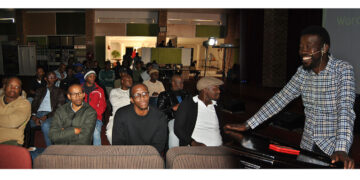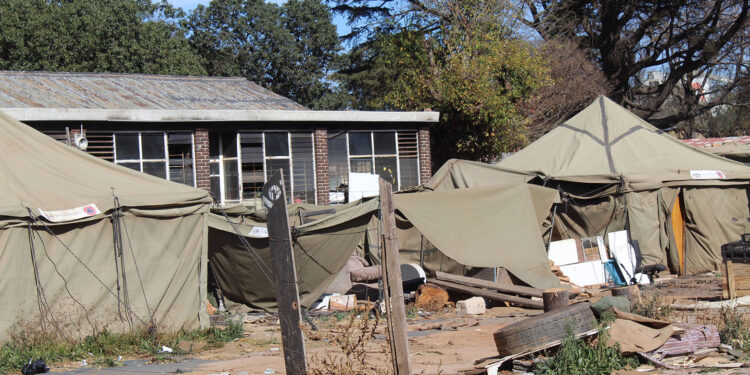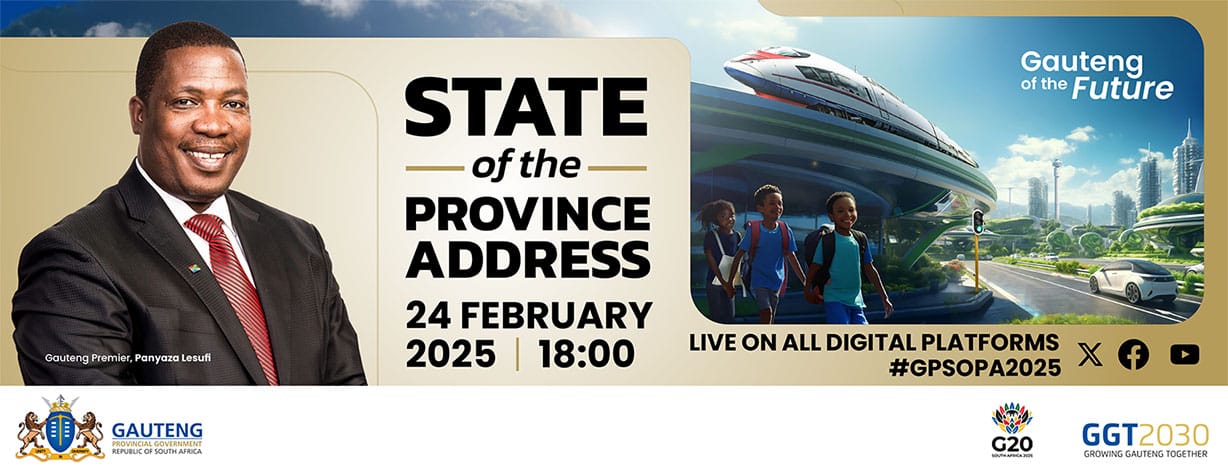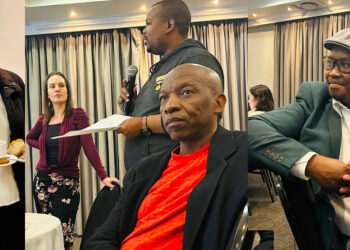The Climate Justice Charter Movement demands a Climate Emergency Social Contract (CESC) from the Government of National Unity (GNU) to confront the worsening climate crisis and create a just and liveable South Africa. When the GNU statement of intent emerged, it had a glaring omission. There was no mention of tackling the climate crisis and the urgent need to take decisive measures to protect the most vulnerable from climate harm. This is despite the fact that the document was drafted while floods had displaced 3000 people in the Eastern Cape province and a tornado had destroyed communities in Tongaat. These are not natural disasters. These are climate shocks that are increasing in frequency, intensity and destructiveness due to high levels of Convective Available Potential Energy (CAPE) or storm fuel as a result of a heating planet.
As noted in the CJCM Strategic Perspective Documents, there is a glaring disconnect between the reality of a worsening climate crisis and South Africa’s political leaders. None of the parties that contested the election had a serious appreciation of the climate crisis and its impact. The GNU cannot ignore this reality and its social costs to families who have lost their loved ones and its economic costs, especially for an indebted country like South Africa. Thus, the CJCM calls for a Climate Emergency Social Contract to be the overarching framework for the Government of National Unity in South Africa, working with civil society, driven by the people and workers. To this end, the CJCM has drafted a discussion document, “Towards A Climate Emergency Social Contract (CESC) for South Africa’s Government of National Unity,” to elaborate this position further. The document was adopted yesterday during a mass assembly of CJCM members and endorsing organisations as a living document, continually shaped by civil society engagements.
The CJCM calls on all 286 organisations that have endorsed the charter and all of progressive society to engage with this document and send feedback to the CJCM. We also call on climate justice forces and civil society to unite and ensure that the national dialogue process envisaged 2 in the GNU document of intent does not become an elite tickbox exercise but is all-inclusive and tackles the climate emergency. We will be taking active steps to build support for a CESC and an inclusive national dialogue process driven by climate-impacted communities, workers facing an unjust transition and the deeply concerned public.
Climate Justice correspondent
Soweto sunrise News


































